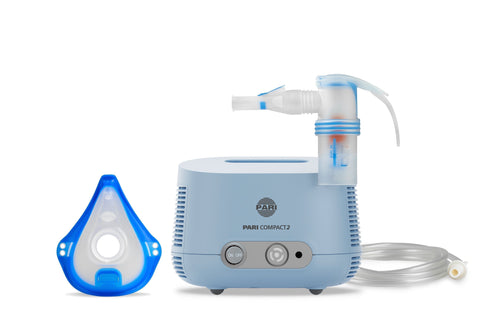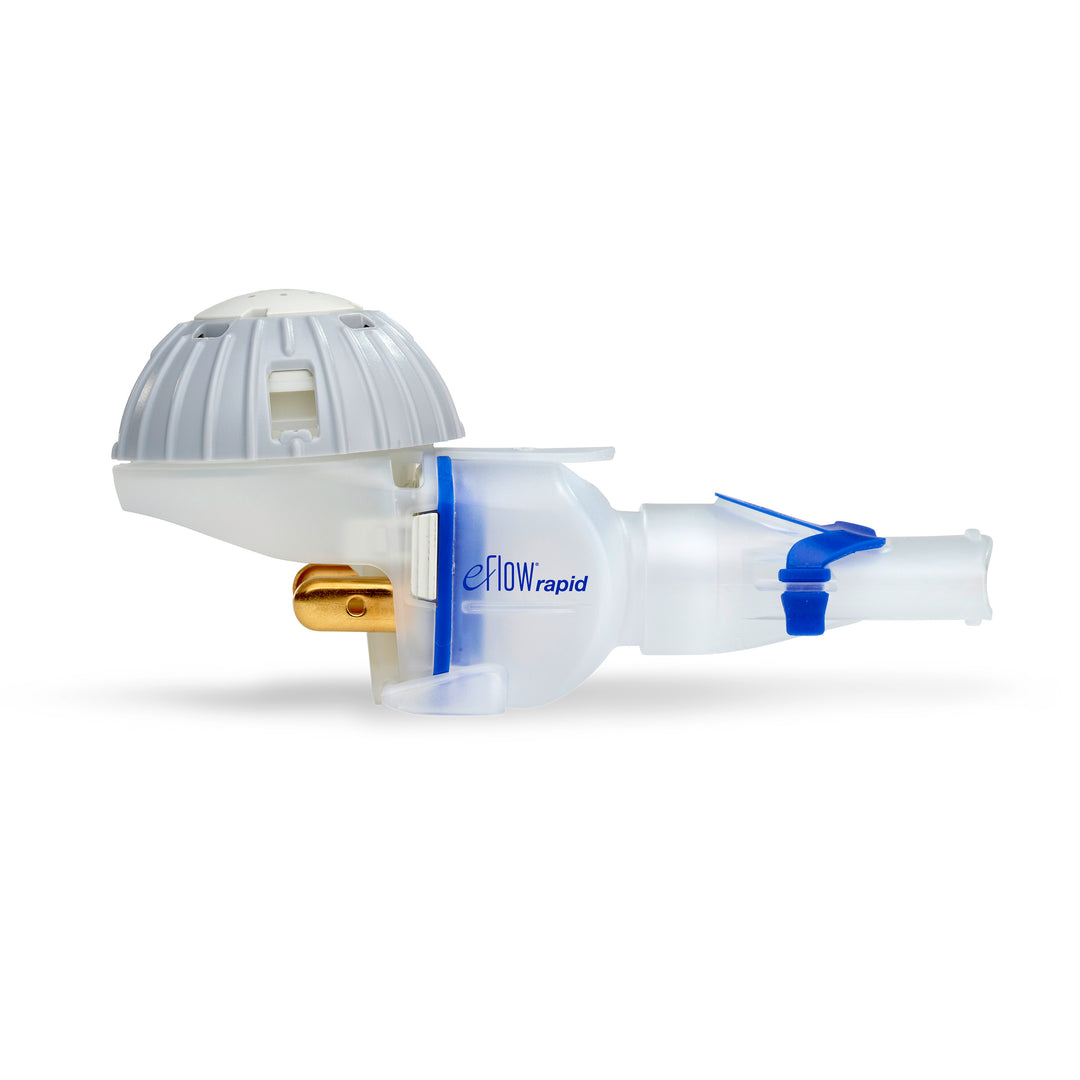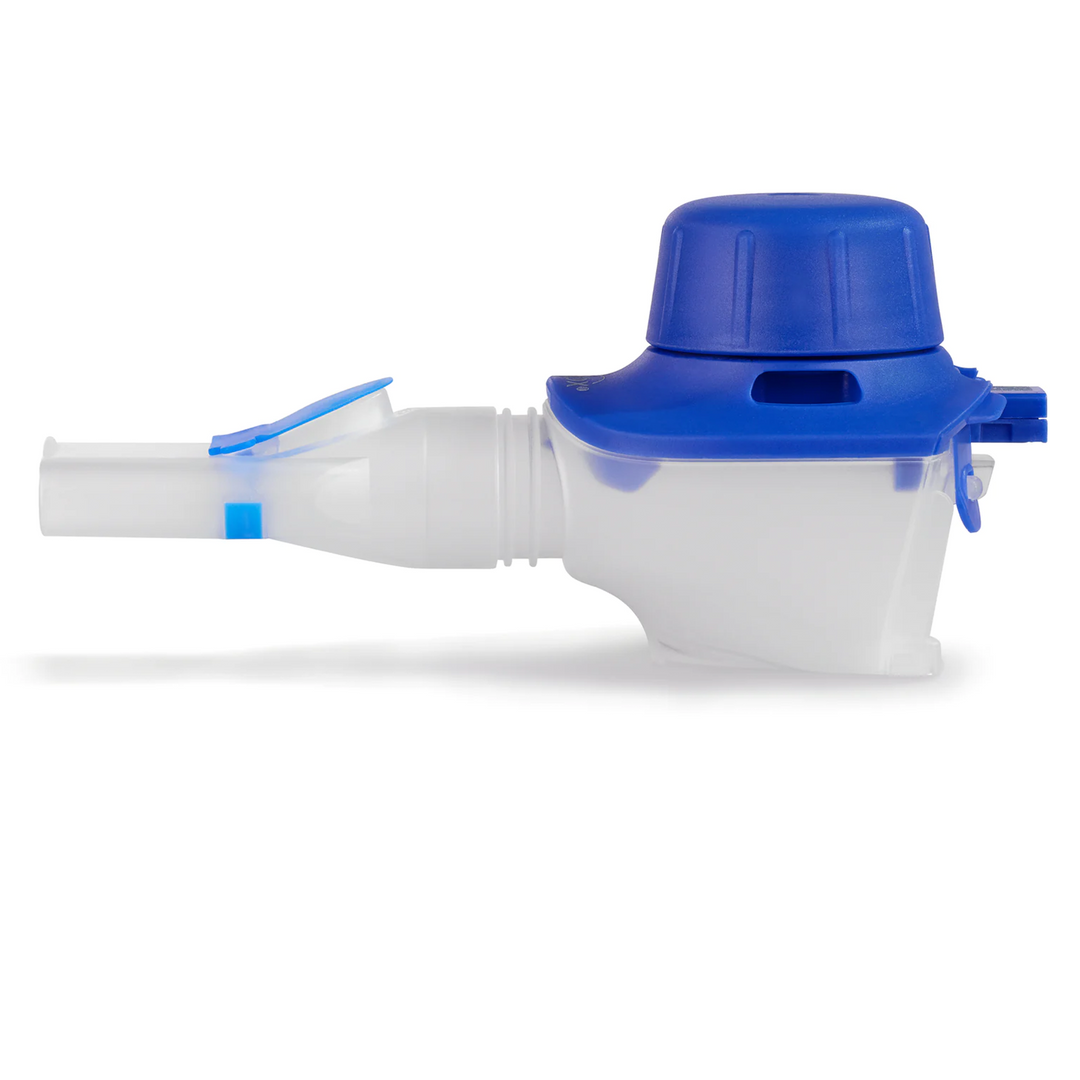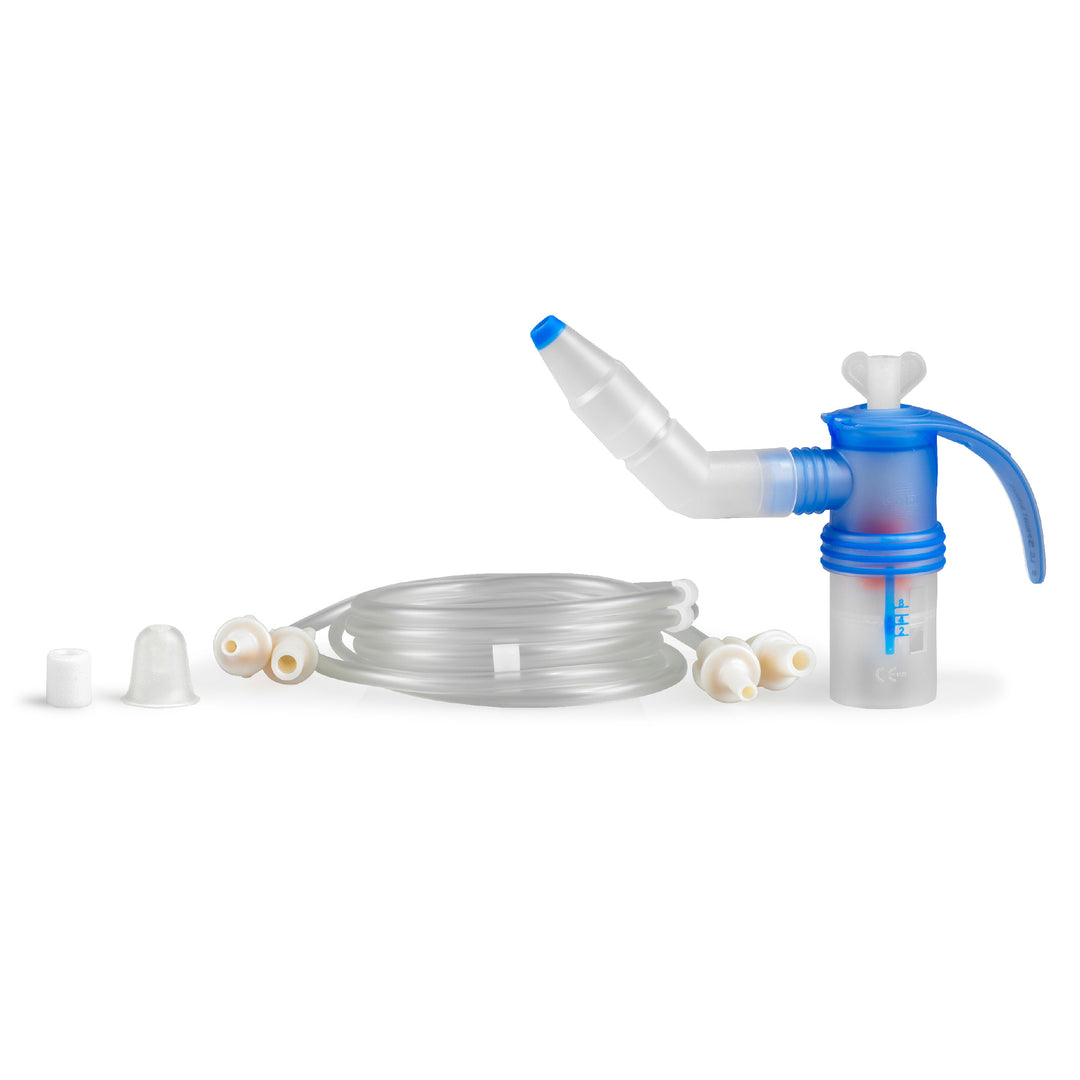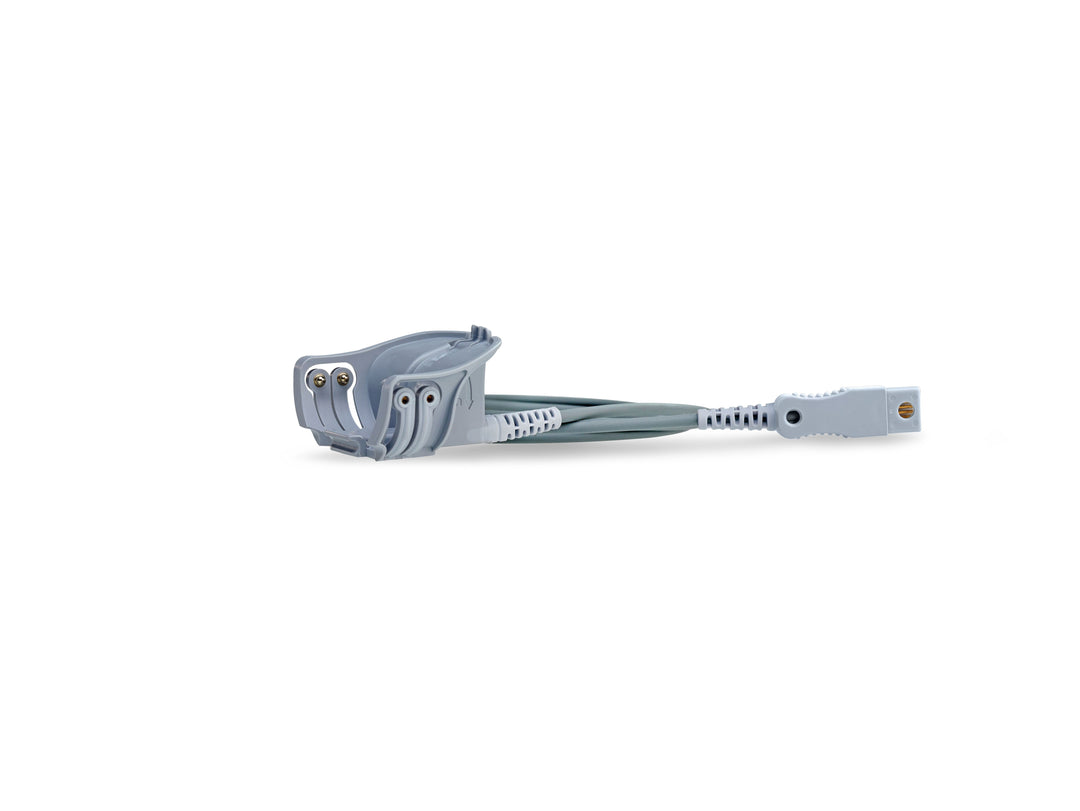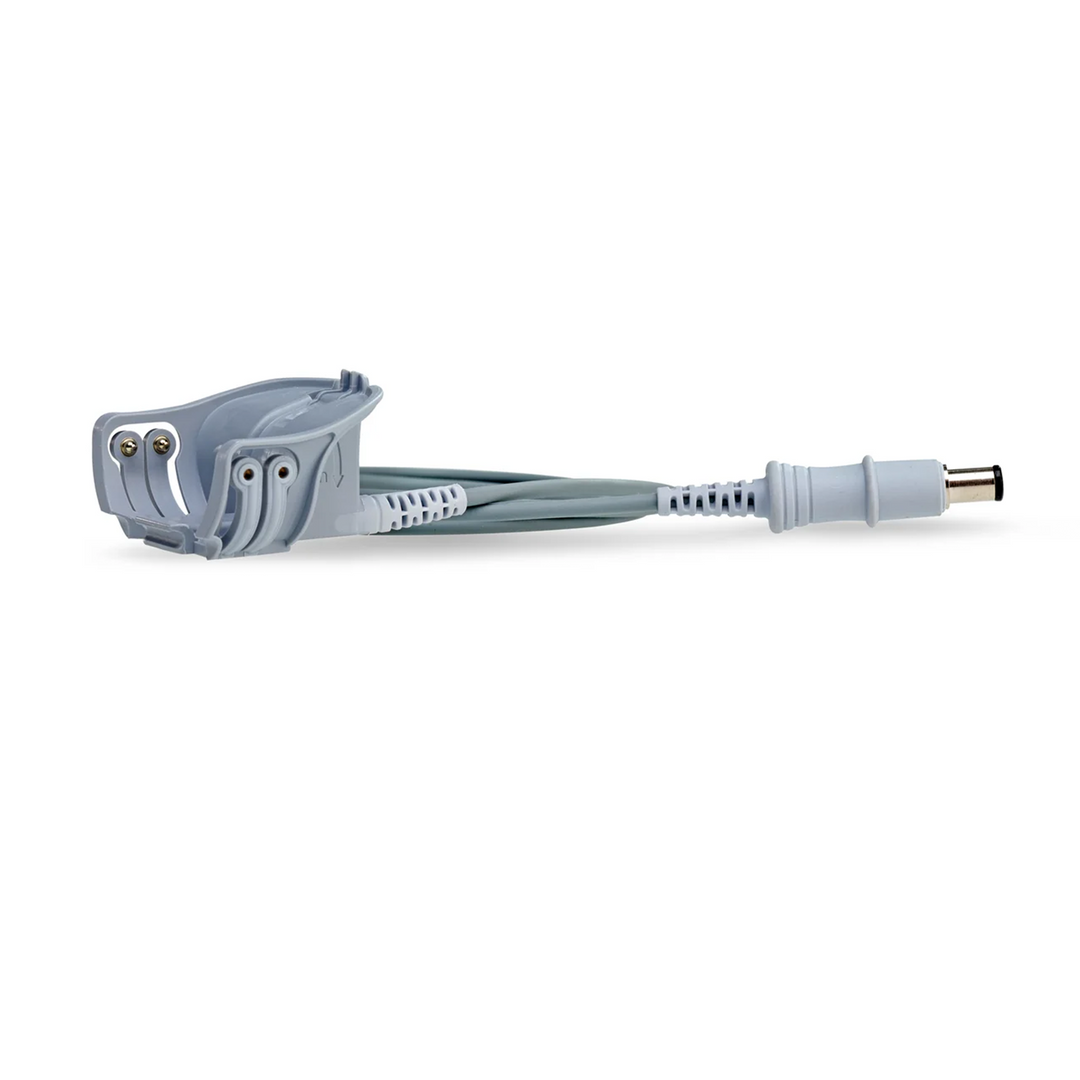
Understanding AATD
Understanding Alpha-1 Antitrypsin Deficiency (AATD)
Alpha-1 Antitrypsin Deficiency (AATD) is a genetic disorder that can significantly impact your lungs and liver. It might sound complex, but let's break it down into simple terms so you can easily understand what it is, how it affects the body and how you can manage it.
What is Alpha-1 Antitrypsin?
Alpha-1 Antitrypsin (AAT) is a protein made by the liver. Its primary job is to protect the lungs from damage caused by other proteins, especially during infections or exposure to irritants like cigarette smoke. Think of AAT as a shield for your lungs.
What Happens in AATD?
In people with AATD, the liver doesn't make enough of this protective protein, or it makes a defective version that can't do its job properly. This means the lungs are left vulnerable to damage. Over time, this can lead to serious lung conditions, such as chronic obstructive pulmonary disease (COPD) bronchiectasis or emphysema. In some cases, the abnormal AAT protein can build up in the liver, causing liver disease.
How Do You Get AATD?
AATD is a hereditary condition, meaning it runs in families. It's caused by mutations in the SERPINA1 gene, which is responsible for producing the AAT protein. If you inherit two defective genes, one from each parent, you're likely to have AATD.
Even if you inherit just one defective gene, you can be a carrier and might have a slightly increased risk of lung problems compared to people who don’t have the defective gene. These people have sufficient but lower than average levels of AAT, which makes smoking or excessive consumption of alcohol unadvisable.
For those who have two defective gene variants, the likelihood of serious lung and liver problems is increased. There are different abnormal gene variants which can have different effects on your health - some people may have a significantly increased risk of developing early onset COPD, for example.
Symptoms to Watch For
Symptoms of AATD can vary widely. Some people might not show symptoms until they’re in their 40s or 50s, while others might experience problems much earlier. Key symptoms to be aware of include:
- Shortness of breath, especially during exercise
- Wheezing
- Chronic cough with phlegm production
- Frequent lung infections
- Fatigue
- Unexplained weight loss
- Jaundice (yellowing of the skin or eyes), which indicates liver problems
Diagnosing AATD
If you have symptoms or a family history of lung or liver disease, your doctor might suggest tests to check for AATD. These can include blood tests to measure AAT levels, genetic tests to identify mutations and lung function tests to assess how well your lungs are working.
Managing AATD
While there is no cure for AATD, there are several ways to manage the condition and improve quality of life:
- Avoid Smoking: Smoking can severely accelerate lung damage in people with AATD. If you smoke, quitting is the most crucial step you can take.
- Drink Responsibly: AATD puts you at a greater risk of liver disease and drinking excessive amounts of alcohol can compound that risk. Aim to stay below the recommended units of consumption per week, or quit drinking altogether.
- Regular Check-ups: Regular visits to your healthcare provider can help monitor lung and liver health.
- Medications: Inhalers and medications (e.g. bronchodilators and steroids) via inhalers or nebulisers can help manage symptoms and prevent infections.
- Augmentation Therapy: This involves regular infusions of AAT protein to boost levels in the blood and lungs.
- Healthy Lifestyle: Eating a balanced diet, exercising regularly and avoiding respiratory irritants can help maintain overall health.
Support and Resources
Living with AATD can be challenging, but there are resources and support groups available to help. For example the Alpha-1 UK Support Group has offered support since 1997. Connecting with others who have the condition can also provide emotional support and practical advice.
Alpha-1 Antitrypsin Deficiency might be a complex condition, but understanding its basics can empower you to take control of your health. If you or a loved one has AATD, working closely with healthcare providers and making informed lifestyle choices can make a significant difference in managing the condition and leading a fulfilling life. Remember, knowledge is a powerful tool in managing any health condition.


